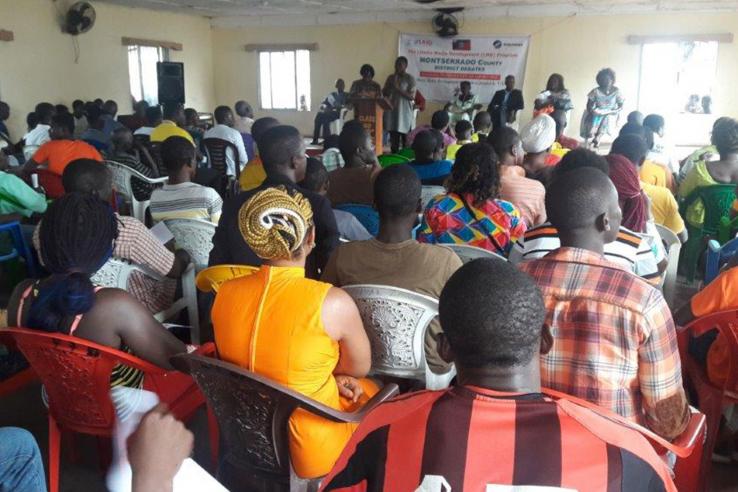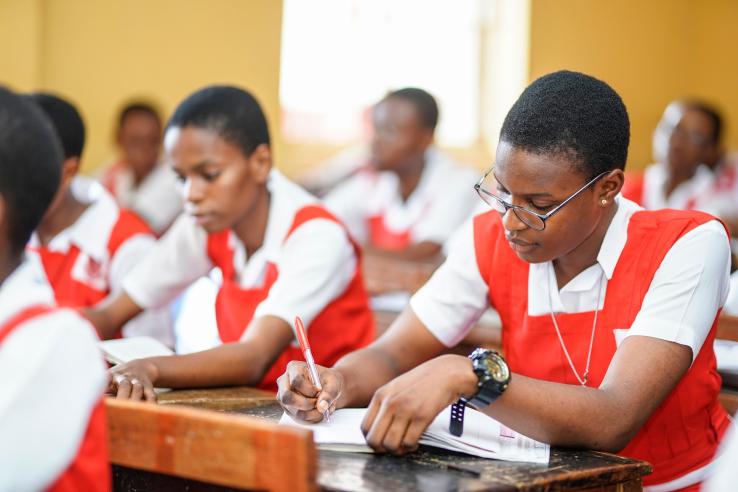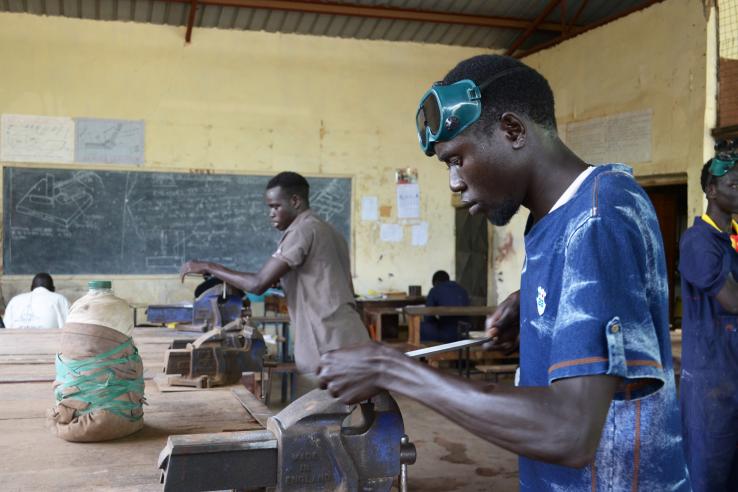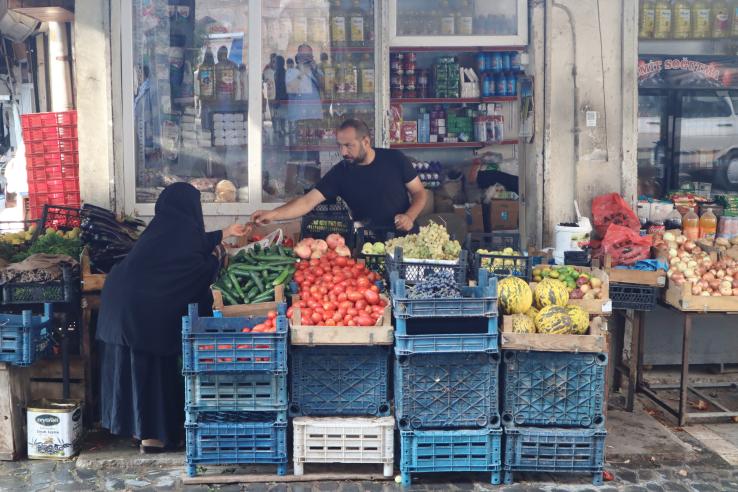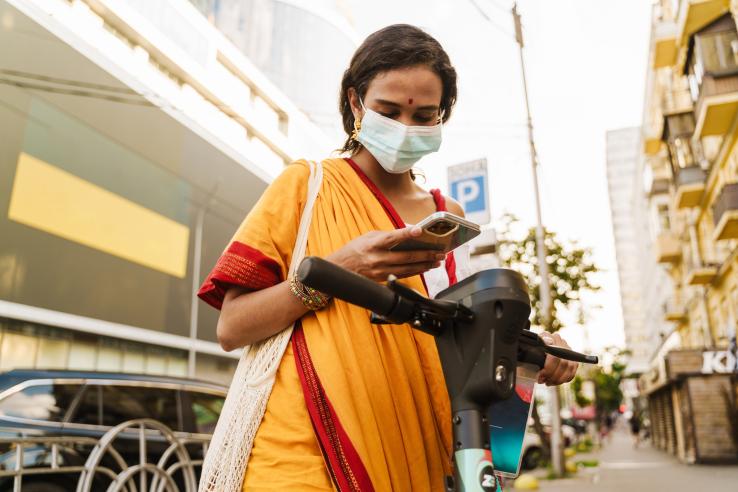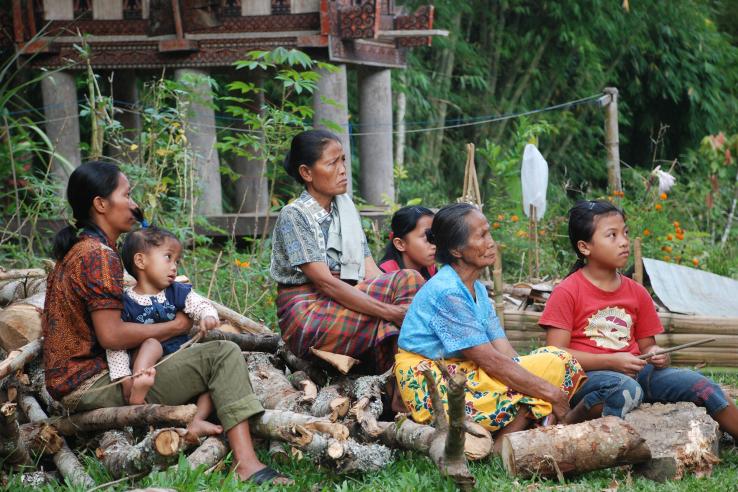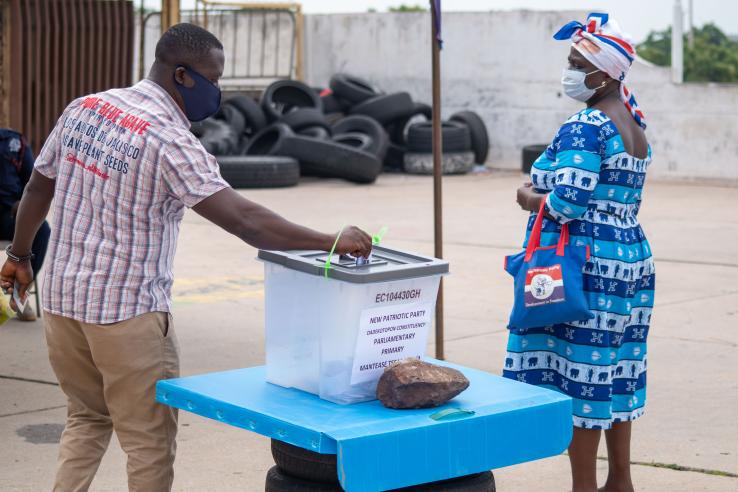Displaying 1141 - 1155 of 1291
Evaluation
Researchers introduced a randomized information intervention to see if providing information on how different allocation methods work would shift the preferences of beneficiaries of a Nepalese land allocation program. On average, the information intervention did not change preferences for how land should be allocated, and about half of participants still preferred allocation methods that were less likely to match them with their desired plot of land.
Evaluation
Researchers evaluated a nationwide debate initiative in Liberia designed to solicit and rebroadcast policy promises from legislative candidates. Results indicated that when leading candidates participated in debates, citizens were more engaged and informed.
Evaluation
Researchers conducted a randomized evaluation to test the impact of two different performance-based incentives on students’ test scores, motivation, and behavior in Malawi. They find that tournament-style incentives that rewarded the top performers among a large group lowered test scores and student motivation, especially among lower-performing students, while tournaments among small groups based on initial performance did not impact students’ test scores.
Evaluation
Researchers evaluated the effect of personalized counseling to French youth on finding an apprenticeship, completing it, and securing longer-term employment. Personalized counseling encouraged more youth to start a pre-apprenticeship training program, but did not improve take-up into apprenticeship. For youth already in an apprenticeship, personalized counseling led more youth to break contracts and change employers.
Evaluation
Researchers conducted a randomized evaluation in Zambia to test the impact of a peer-based information campaign, consisting of SMS messages and small cash incentives, on people’s adherence to Covid-19 health protocols. Participants forwarded public health SMSs when they were encouraged to do so, yet financial incentives did not increase the number of messages sent. Participants and their peers did not change their precautionary health behaviors.
Evaluation
In this study, researchers explored the impact of a soft-skills training program on youth employment.
Evaluation
Researchers evaluated a program delivering digital aid payments on food security and mental well-being for vulnerable female-headed households in Afghanistan. Digital payments led to improved food security and mental well-being for beneficiaries. Digital delivery of aid was also cost-effective and transparent, showing no evidence of diversion to the de facto Afghan authorities.
Evaluation
In Uganda, researchers conducted a randomized evaluation to test the impact of providing a soft skills certificate to both employers and job seekers during job interviews on matching in the labor market. The certificates caused workers to increase their expectations of finding the right job, while high-ability managers were more likely to have a positive assessment of workers’ skills.
Evaluation
Researchers tested whether reminders delivered via text message improved knowledge and adoption of social distancing and handwashing. They found no evidence that individuals changed their self-reported behaviors; this finding may highlight limited effectiveness of SMS-based information campaigns after the initial phase of the pandemic.
Evaluation
Researchers evaluated the impact of general and personalized information regarding the relationship between wood burning and indoor pollution on households’ knowledge of pollution and their pollution mitigation efforts. Both general and personalized information increased households’ awareness of pollution, but only personalized information improved households’ measured air quality.
Evaluation
Researchers evaluated the effects of a national apprenticeship training program on the firms that received apprentices. Firms that received apprentices increased their profits as well as employment.
Evaluation
Researchers in Indonesia compared the effectiveness of two methods of identifying the low-income households: a community method where villagers ranked households according to perceived wealth, and a proxy-means test which relied on measures of consumption and assets. The community methods of selecting who qualified for the cash transfer program were less accurate than proxy-means tests overall, but they greatly improved local satisfaction and better matched the low-income individual's own concept of poverty.
Evaluation
Researchers worked with the state government to evaluate the impact of three programs to build demand for vaccination: local immunization ambassadors, small, non-financial incentives, and tailored SMS reminders. The most effective policy option increased measles vaccination by approximately 55 percent by combining local immunization ambassadors selected by the community, incentives that increased in amount across the immunization schedule, and SMS reminders to caregivers about the next scheduled vaccine.
Evaluation
In France, researchers evaluated the effect of a financial independence and social integration program for young adults living in government-subsidized housing. They analyzed its impact on the young adults’ professional lives, housing situations, financial independence, and general welfare.
Evaluation
The researchers aim to understand the role that digital cash transfers can play as a policy tool both to increase household resilience during the pandemic and to stem the spread of the disease by increasing adherence to social distancing in Ghana.

